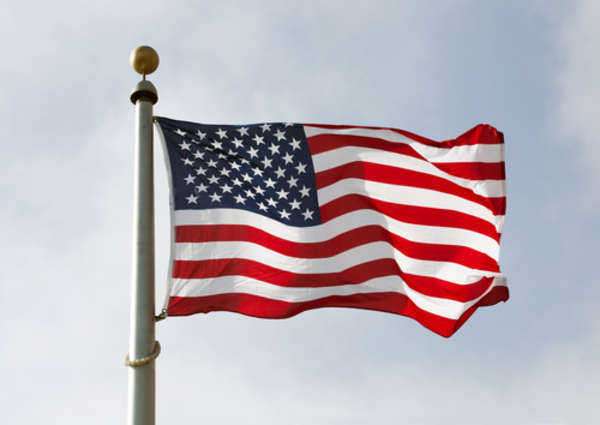Quick Overview On The Office Of The President
Office of the President Background
The Office of the President can refer to the office of the President itself, meaning the position in which the executive power of the American government is invested, or it can refer to the Executive Office of the President, thus referring to the large number of different organizations and advisory positions which exist within the executive branch for the purpose of aiding and advising presidents.

Executive Branch
The executive branch of government in any given government is generally the branch which is given sole authority in some capacity. In the American government, the executive branch of government is the President of the United States, in whom executive authority is invested by the Constitution. The exact powers of the President and the executive branch of government may differ from what some may think, however.
President of the United States of America
The President of the United States of America is the single most powerful individual within the country in terms of his or her office. The President of the United States of America has a number of important powers, including command of the American armed forces and the ability to veto bills from Congress, although the de facto powers of the office have grown over the years.
White House
The White House is the official residence and office for the President of the United States of America. It is a large building, covering a great deal of land, and thus has room inside for the significant number of office workers necessary to work as the President's staff, as well as still having significant room for the President's living space. The Oval Office is the President's office within the White House.
National Security Council
The National Security Council is an organization within the Executive Office of the President which is meant to provide the president with important information concerning the security situation of America. The members of the NSC are some of the most important members of the Presidential cabinet, though not all are always in attendance.
Congressional Budget Office
The Congressional Budget Office is separate from the Office of Management and Budget, though the two of them perform very similar functions. The Congressional Budget Office helps to determine how much money is available for the federal budget, and what exactly the national debt is, though it does so for Congress, while the Office of Management and Budget does so for the Executive Office of the President.
National Drug Control Policy
The Office of National Drug Control Policy was established as part of the Executive Office of the President in 1988 in order to help provide advice and information regarding policies involving illicit drugs in America. The Office of National Drug Control Policy was originally created in order to bring down illicit drug use as much as possible, and the success of the office is in much dispute.
Office of Science and Technology Policy
The Office of Science and Technology Policy is another office within the Executive Office of the President. The purpose of the Office of Science and Technology Policy is to provide advice to the President and other executive offices regarding the integration and use of science and technology.
Office of the Trade Representative
The Office of the US Trade Representative is an office within the Executive Office of the President which provides information and advice to the President and the other executive offices regarding international concerns for trading. Specifically, the Office of the US Trade Representative provides a report known as the Special 301 Report to the executive branch, which outlines those countries which are most flagged as being poor for trading and business rights.
President's Economic Recovery Advisory Board
The President's Economic Recovery Advisory Board is a new institution created by President Barack Obama in February of 2009 for the sake of providing advice and assistance on helping to combat the effects of the recent economic downturn. The longevity of the President's Economic Recovery Advisory Board will depend on its usefulness to the executive branch and its efficacy in combating these recent problems.
President's Intelligence Advisory Board
The President's Intelligence Advisory Board is an organization within the executive branch of the government which is designed to provide important information regarding intelligence and counter intelligence to the President and the other executive branches. The President's Intelligence Advisory Board has undergone many changes due to executive order.
Executive Powers
The executive powers of the executive branch of government are enumerated explicitly within the Second Article of the Constitution. Specifically, the executive powers of the American government are vested into the President, and any other members of the executive branch function under the authority of the President.
Chief of Staff
The White House Chief of Staff is often considered the second most powerful man in the country, as the White House Chief of Staff is often considered to have significant power regarding the President. The White House Chief of Staff will fulfill different functions for every administration, but in general, he or she will control access to the President, and thus, he or she has a significant amount of power.